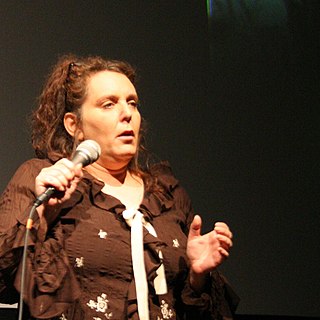A Quote by Jeffrey Zeldman
Somebody has to pay our editors, writers, journalists, designers, developers, and all the other specialists whose passion and tears go into every chunk of worthwhile web content.
Related Quotes
I think our primary function is to create the strongest, deepest, most interesting news report there is in the world.And whether it's on the front page of the newspaper or leading the home page doesn't really matter. We reach a huge audience on the Web. And really, you know, the journalists, whether they are reporters or editors or Web producers or multimedia specialists, we're all creating, you know, the journalism that is the bedrock of our news report. And that's true for the newspaper, the Web, our apps, and you name it.
We tend to think of Steam as tools for content developers and tools for producers. We're just always thinking: how do we want to make content developers' lives better and users' lives a lot better? With Big Picture Mode, we're trying to answer the question: 'How can we maximize a content developers' investment?'
The fundamental issue is: In the world of the Internet, is there a place for a packager of services? Does the customer want to go surf the Net and go to every one of 50,000 Web sites? Or will people pay a reasonable amount for somebody to go out and preselect and package what they want? My guess is they will both coexist.
Journalists in newspapers and in many magazines are not permitted to be subjective and tell their readers what they think. Journalists have got to follow a very strict formulaic line, and here we come, these non-fiction writers, these former journalists who are using all the techniques that journalists are pretty much not allowed to use.

































